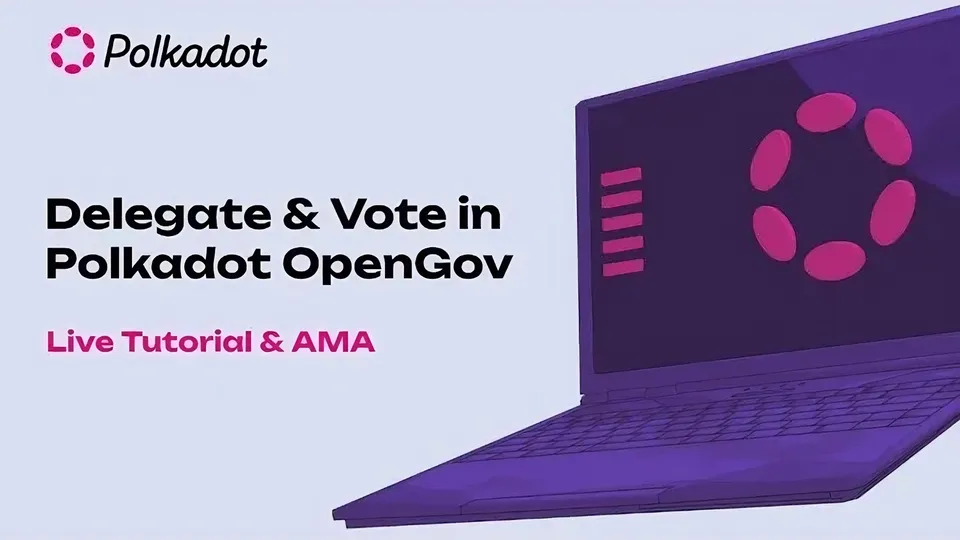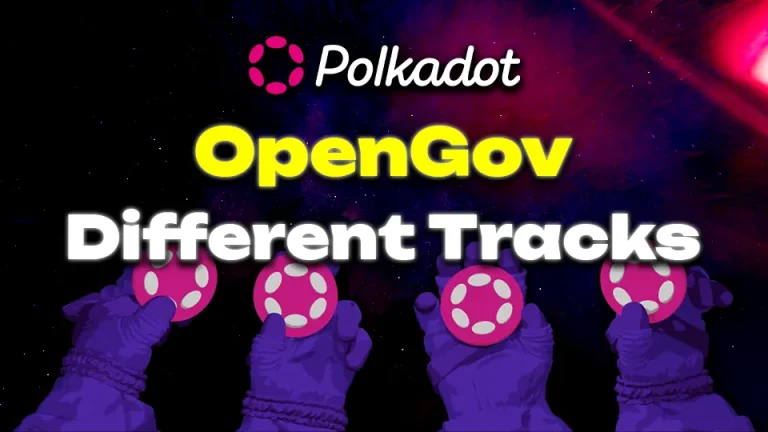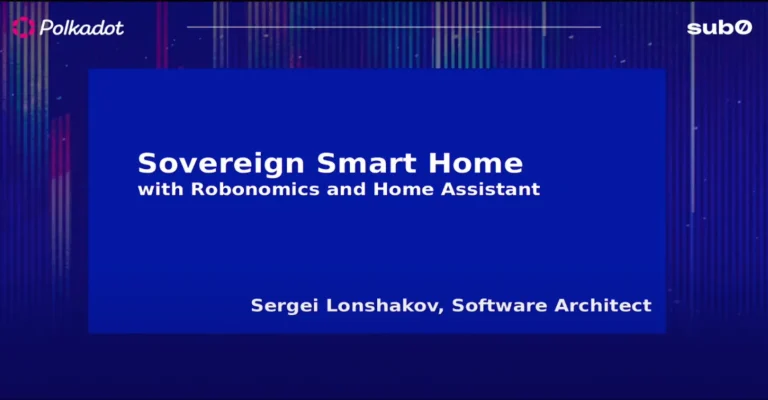Polkadot’s OpenGov (Open Governance) system represents a cutting-edge approach to blockchain governance, blending technical sophistication with democratic principles. The delegation and voting mechanisms within this system are crucial for maintaining a balanced and efficient governance structure. This article delves into the intricacies of the Polkadot delegation system, offering insights from a recent live tutorial and AMA session uploaded to the official Polkadot youtube channel.
Overview of Polkadot OpenGov Mechanism
Polkadot OpenGov is designed to empower stakeholders, allowing them to influence the network’s direction through a democratic voting process. This system ensures that all participants, regardless of their stake size, have a voice in governance decisions. The primary components of this system include direct voting and delegation, each with distinct characteristics and implications.
Direct Voting
Direct voting enables token holders to cast votes on referenda directly. Each token represents a vote, but the voting power can be amplified through a mechanism called conviction voting. Conviction voting allows participants to increase their voting power by locking their tokens for a longer period. The longer the lock period, the higher the voting power multiplier, incentivizing long-term commitment to the network’s welfare.
Delegation
Delegation allows token holders to delegate their voting power to trusted representatives. This system is particularly useful for those who may not have the time or expertise to participate in every referendum but still want their stake to influence the network’s governance. Delegates vote on behalf of the token holders, and this delegation can be customized based on various governance tracks, such as Treasury, Root, or specific Spending tracks.
- In the following post you can learn more about the different Polkadot OpenGov Tracks.
Polkadot OpenGov Delegation and Voting Guide
A recent AMA session provided a detailed tutorial on how to use Nova Wallet and Polkadot JS (polkadot.js) to delegate and vote. Here are the key takeaways:
Setting Up Accounts
Users can set up their accounts on Nova Wallet and polkadot.js to manage their KSM (Kusama) tokens. The tutorial demonstrated how to view locked tokens, understand the implications of different lock types, and monitor voting and delegation activities.
Delegation Process
- Select Delegate: Users choose delegates who will represent their voting power. This choice can be based on the delegate’s expertise, reputation, or alignment with the user’s interests.
- Specify Track: Delegation can be customized for different tracks, ensuring that specialized knowledge is applied where most needed.
- Conviction Voting: Users can select a conviction level to determine the lock period and voting power multiplier.
- Confirm Delegation: Once confirmed, the delegation is active, and the user’s voting power is assigned to the delegate for the specified track.
Voting Process
- Select Referendum: Users choose which referendum they want to vote on.
- Determine Voting Power: Similar to delegation, users can apply conviction voting to increase their voting power.
- Cast Vote: Votes can be cast directly on referenda, and users can change or remove their votes before the referendum concludes.
Polkadot Delegation Locks and Unlocking Mechanisms
One of the critical aspects of the Polkadot governance system is the lock mechanism. When tokens are locked due to voting or delegation with conviction, they cannot be used for other purposes until the lock period expires. This system ensures that those with more substantial voting power are genuinely invested in the network’s long-term success.
Unlocking Tokens
Tokens can be unlocked under specific conditions:
- Direct Voting: If a user votes directly on a referendum, they can remove their vote and unlock the tokens before the referendum ends. If the referendum concludes and the user is on the winning side, the lock period starts based on the conviction level.
- Delegation: When a user undelegates their voting power, the lock period starts immediately, reflecting the conviction level initially chosen.
Implications for Polkadot Network Governance
Polkadot’s OpenGov system, with its delegation and voting mechanisms, fosters a dynamic and participatory governance model. By allowing token holders to either vote directly or delegate their voting power, the system balances inclusivity with practicality. The conviction voting mechanism further aligns participants’ incentives with the network’s long-term health, ensuring that decisions made reflect committed stakeholder interests.
Conclusion
Polkadot’s delegation and voting system exemplifies an innovative approach to blockchain governance, combining technical rigor with democratic principles. The recent tutorial and AMA session provided valuable insights into how users can effectively participate in governance using tools like Nova Wallet and polkadot.js. As the Polkadot ecosystem continues to evolve, these mechanisms will play a pivotal role in shaping its future, ensuring that the network remains robust, fair, and responsive to its community.








